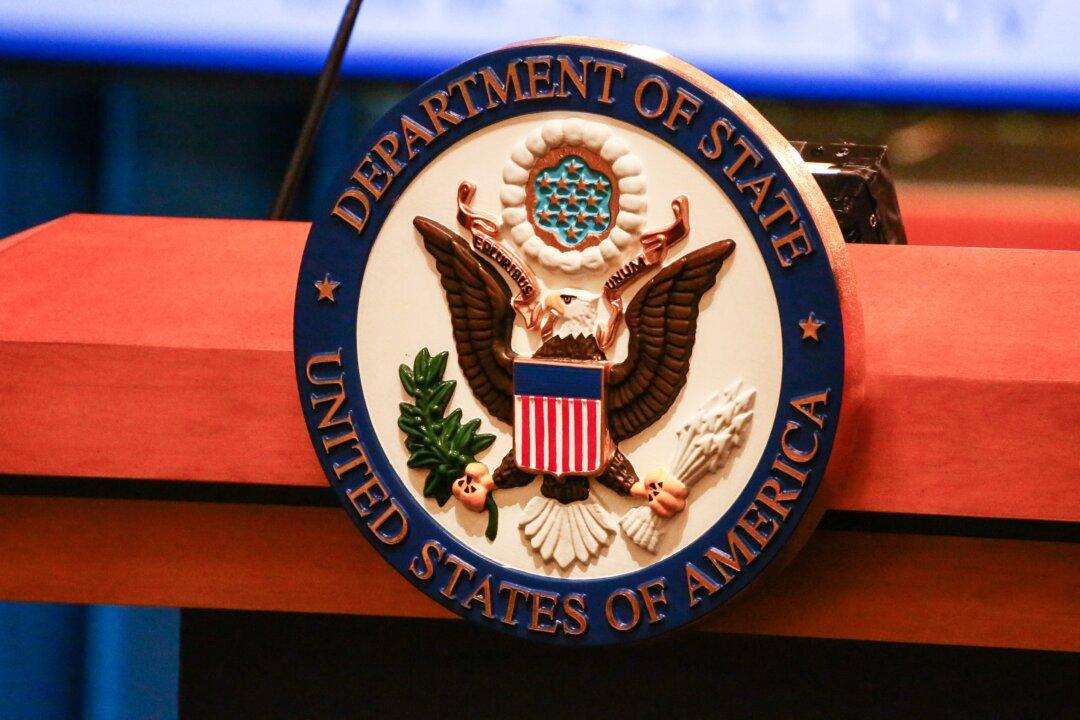U.S. federal agencies are scrambling to contain the diplomatic fallout after scores of classified documents pertaining to Ukraine—and other U.S. allies—were leaked online by as-yet-unknown actors.
“U.S. officials across the interagency are engaging with allies and partners at high levels over this,” State Department spokesman Vedant Patel said at an April 10 press briefing.





